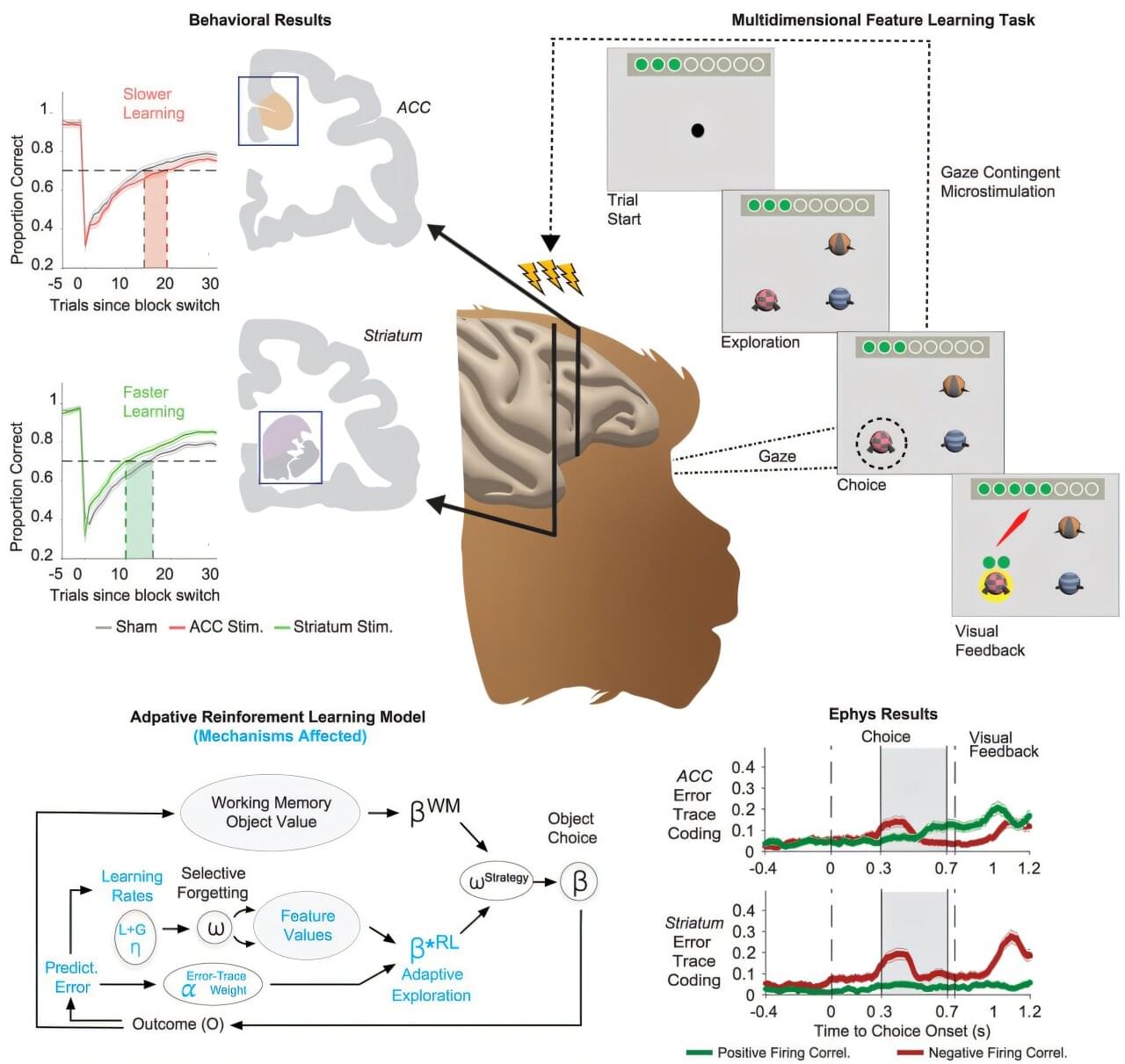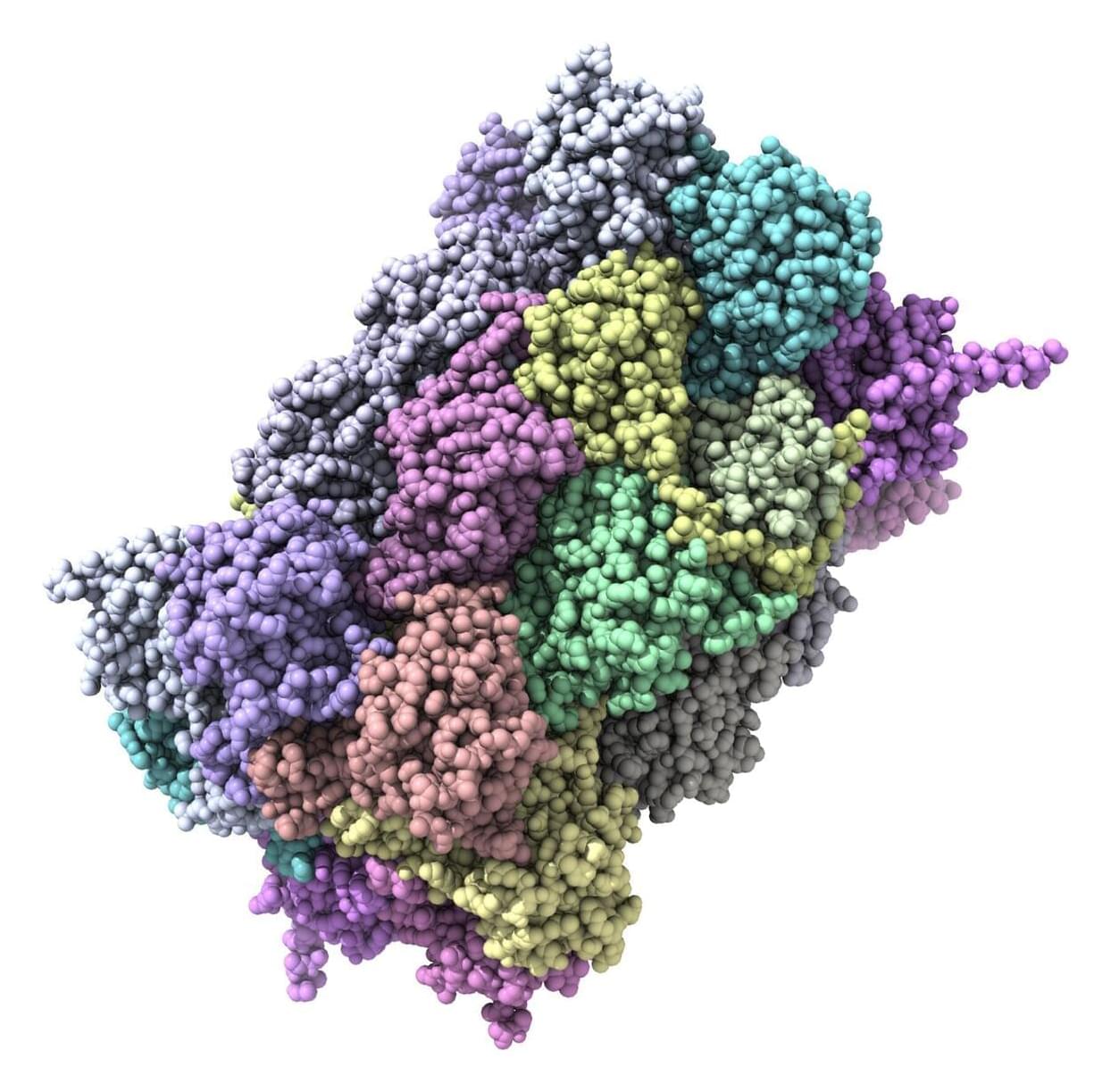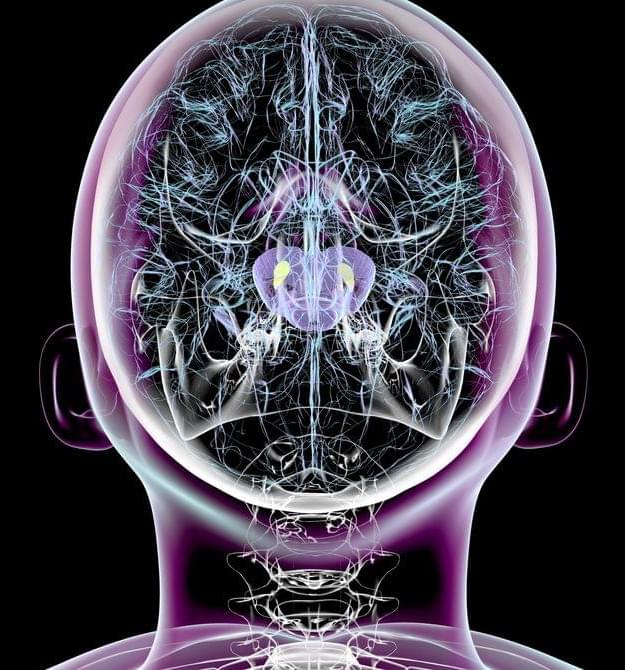Research led by Thilo Womelsdorf, professor of psychology and biomedical engineering at the Vanderbilt Brain Institute, could revolutionize how brain-computer interfaces are used to treat disorders of memory and cognition.
The study, “Adaptive reinforcement learning is causally supported by anterior cingulate cortex and striatum,” was published June 10, 2025, in the journal Neuron.
According to researchers, neurologists use electrical brain-computer interfaces (BCIs) to help patients with Parkinson’s disease and spinal cord injuries when drugs and other rehabilitative interventions are not efficient. For these disorders, researchers say brain-computer interfaces have become electroceuticals that substitute pharmaceuticals by directly modulating dysfunctional brain signals.









